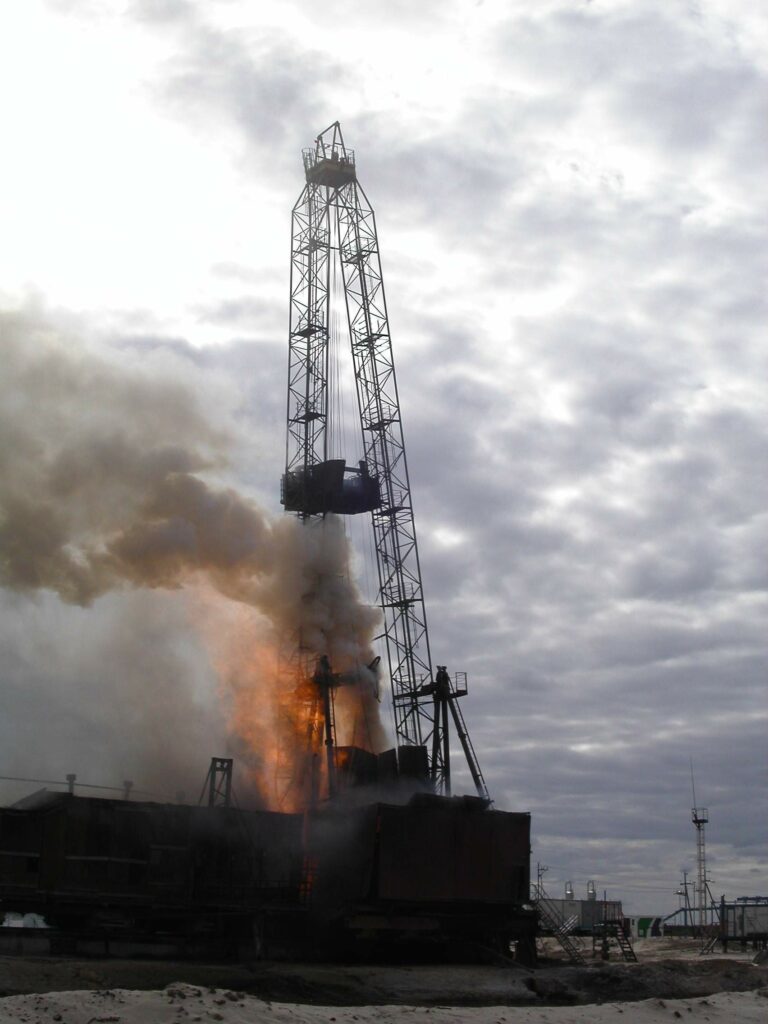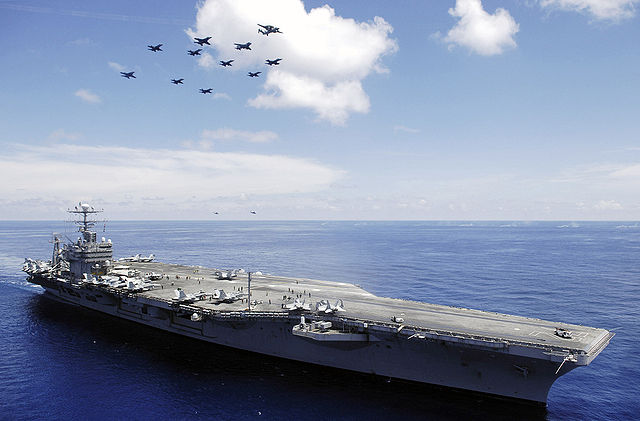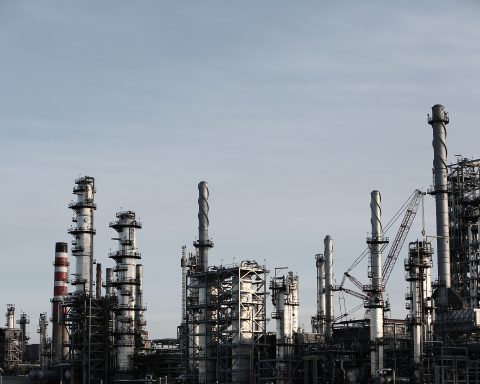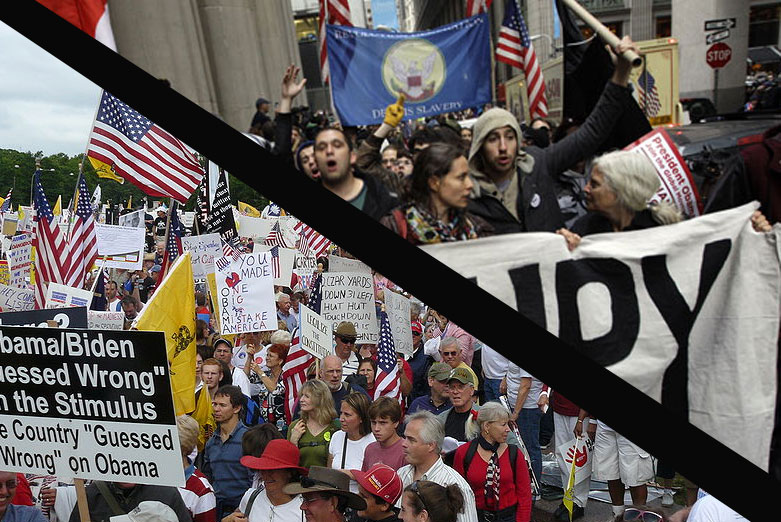Yes, you read that title correctly. Gas prices should be higher.
By the Rev. Raymond Roberts, originally published in the Free Lance Star
Lately lots of people are whining about the high price of oil. Republicans blame Democrats for not moving fast enough to develop domestic resources. Democrats blame Iran for destabilizing oil markets. Energy experts blame thriving Asian economies for increasing global oil demand and moving prices to a higher set point. Economists of all stripes wonder how inflation at the pump will affect the nascent economic recovery.
For all of this finger pointing and hand wringing, the fact is that, even at its current elevation, the price we pay for gas at the pump does not nearly reflect its true cost. Also, because taxpayers rather than consumers bear most of these costs, petroleum markets are distorted in ways that pose a long-term threat to our economy.
A significant cost hidden from the consumer at the pump is what the U.S. government spends on the military to keep “cheap” oil flowing. Recently, Iran reacted to imposed economic sanctions by threatening to close the Strait of Hormuz. The Obama administration responded by sending the carrier Abraham Lincoln through the strait, signaling that we are prepared to act militarily to keep it open.
Why? Because the global economy requires 15 tankers a day to pass through those straits. And because there is a global market for oil, if the straits were blocked it would mean dire consequences for the economy. This is not the only oil choke point the Navy defends. Yet none of these costs are included in what you and I pay at the pump.
So exactly how much do we spend on the military to ensure the flow of “cheap” oil? Estimates vary widely. Did we invade Iraq, as opposed to Zimbabwe, which continues to suffer a brutal dictator because Iraq was oil-rich? How prominently did oil figure in our intervention in Libya?
Economist Anita Dancs low-balls the estimate, putting military expenditures at about $23.40 per barrel. This, she says, would increase gas by an additional 56 cents per gallon, which she notes is three times the current federal gas tax that funds road construction.
Others believe the cost is much higher. In 2006, Milton Copulus–then head of the National Defense Council Foundation, a former energy analyst for the Heritage Foundation, a 12-year member of the National Petroleum Council, an energy adviser to U.S. energy secretaries, and a member of the defense establishment–testified before the Senate. He estimated that at the time we were paying about $132.7 billion to protect Middle East oil.
If, instead of borrowing this money and socializing the cost through our tax system, consumers paid the true cost of our oil at the pump, he projected that we’d be paying a whopping $11 per gallon.

TRILLIONS IN SUBSIDIES
Journalist Peter Maass, author of “The Violent Twilight of Oil,” observes that if Americans “understood just how many trillions our military was spending to protect oil, they wouldn’t stand for it.” But we do stand for it because nobody is paying the true price for the gas they burn.
Proposals for raising taxes on gasoline have circulated for decades. Policy wonks have pointed to a host of desirable outcomes such taxes would have. Over time, raising taxes on gas would cut consumption, improve America’s trade deficit, reduce our dependence on Middle East potentates, and better the environment. These proposals never get off the ground because, in a nation that has about the cheapest gas in the world and one of the world’s most inefficient automobile fleets, raising taxes on gasoline is political suicide.
But what if Americans understood that they are paying this tax on gasoline already–just not at the pump? What if a rise in the pump price could be coupled with tax relief? What if they understood how artificially cheap gas distorts the economy, making conservation and alternative energies seem more expensive than they really are?
And what if Americans began to feel that the current system is more than a little unfair? What if they realized that the slob who drives a gas-guzzler is getting a free ride at taxpayers’ expense? What if they understood that increasing global demand is making the current system unsustainable?
If people began to pay the true cost of oil at the pump, they would buy more fuel-efficient cars. They’d be more supportive of investments in public transportation. They’d seek out efficiencies that would lessen the economic threat posed by oil-price spikes and that would enhance America’s global economic competitiveness. They would make decisions benefiting the environment.
Of course, making the price at the pump reflect what we are truly paying for the gas would need to be a phased-in process. We would need to beef up public transportation and give special consideration to the impact of this policy shift on the poor.
Still, it is the right thing to do.
Socializing the cost of public education makes a lot of sense because it serves several public goods, ensuring that we have an educated workforce and some equality of opportunity. Socializing the cost of gas serves no public goods and makes no sense at all.
“Socialized Oil?”
The Reverend Dr. Raymond R. Roberts is the senior pastor of the Presbyterian Church in Westfield, NJ. After graduating from Westminster College in Fulton, Missouri, he attended Columbia Theological Seminary in Decatur, Georgia. In 1999, he earned a Ph.D. In History and Theology from Union Theological Seminary in Virginia. He is the author of the book, “Whose Kids Are They Anyway? Religion and Morality in America’s Public Schools.” Ray is an active member of the Society of Christian Ethics. Banner photo by Kym McLeod.







Unbound Social